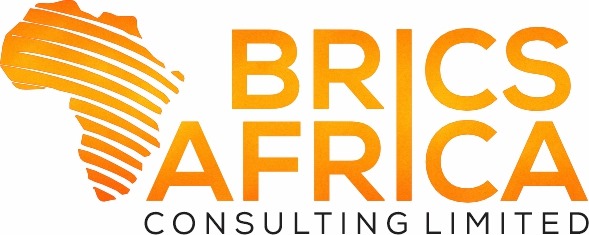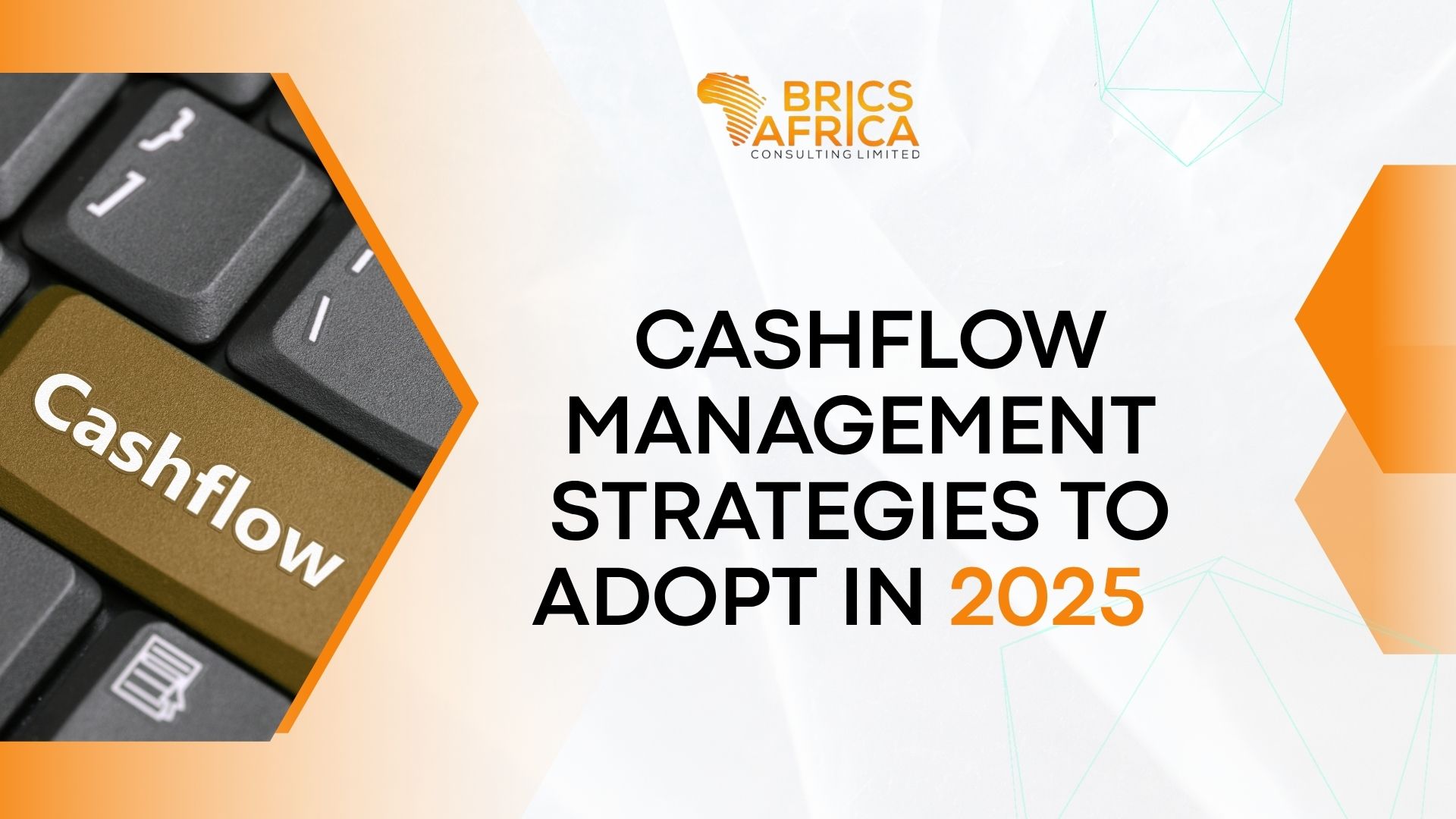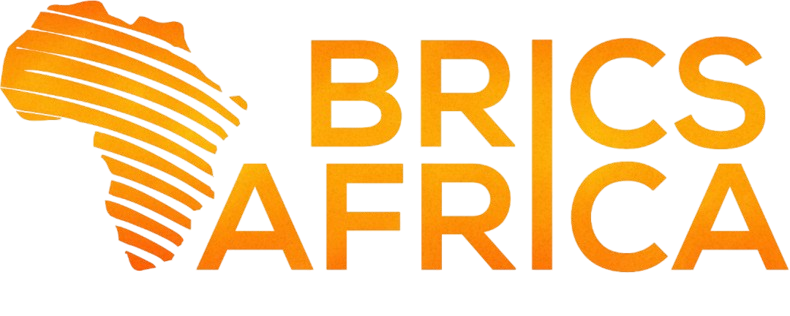Introduction
Imagine running a business where money is always flowing smoothly, like a well-oiled machine. You never worry about bills, unexpected expenses, or delayed payments. Sounds like a dream, right? Well, this dream can become a reality with the right cash flow management strategies in place.
Cash flow is the lifeblood of any business. It’s not just about making money; it’s about ensuring that money comes in and goes out efficiently. Whether you run a small business, a growing startup, or a well-established enterprise, managing your cash flow in 2025 will be more important than ever.
Why? Because the world is changing fast. From economic uncertainties to technological advances, businesses must adapt to stay financially healthy. According to a U.S. Bank study, “82% of business failures are due to poor cash flow management.” So, mastering your cash flow is very important.
In this article, we’ll explore practical, easy-to-follow cash flow management strategies for 2025. You’ll learn tips that don’t require you to be a financial expert but will give you the confidence to make smart decisions. Let’s get started!
What is Cash Flow, and Why Does It Matter?
Cash flow simply refers to the money moving in and out of your business. When more money comes in than goes out, you have a positive cash flow. On the other hand, when your expenses outweigh your income, you face a negative cash flow.
Why is Cash Flow Important?
- Keeps Operations Running: Cash flow helps pay for day-to-day business expenses like salaries, rent, and supplies.
- Supports Growth: A healthy cash flow allows businesses to invest in new opportunities.
- Handles Emergencies: With cash reserves, unexpected expenses won’t cripple your business.
- Improves Creditworthiness: Good cash flow makes it easier to secure loans or attract investors.
Did you know? According to research, businesses with steady cash flow are 2.5 times more likely to survive economic downturns than those without.
If you’re not actively managing your cash flow, you’re leaving your business vulnerable. That’s why adopting smart strategies for 2025 is essential.
1. Improve Your Invoicing Process
Getting paid on time is key to maintaining a positive cash flow. Unfortunately, late payments are a common issue for businesses. In 2025, take control of your invoicing process with these tips:
- Send Invoices Promptly: The faster you send an invoice, the sooner you get paid.
- Use Digital Invoicing Tools: Platforms like QuickBooks, Zoho Invoice, or Wave make it easy to send automated reminders and track payments.
- Offer Multiple Payment Options: Make it easy for clients to pay by accepting various methods, such as bank transfers, credit cards, and mobile money.
- Implement Clear Payment Terms: Clearly state your payment due dates, late fees, and policies on invoices.
“The best way to improve cash flow is to reduce the time between delivering a service and getting paid.” – Jacob A Twumasi, Financial Consultant.
2. Forecast Your Cash Flow Regularly
Cash flow forecasting means predicting your income and expenses over a set period. By forecasting regularly, you can spot problems early and make adjustments.
How to Forecast Cash Flow:
- List Your Income: Include all expected payments from sales, loans, or investments.
- Track Your Expenses: Include rent, salaries, utilities, inventory, and other costs.
- Use Technology: Tools like Float, Pulse, or Excel templates can simplify the process.
- Review Monthly: Update your cash flow forecasts regularly to reflect changes in your business.
Did you know? Businesses that actively forecast their cash flow are 30% more likely to succeed.
If you’re not sure where to start, Brics Africa Consulting can help you create a custom cash flow forecast tailored to your business.
3. Cut Unnecessary Expenses
Reducing costs is one of the simplest ways to improve cash flow. Even small savings can make a big difference over time.
Practical Ways to Cut Costs:
- Negotiate with Suppliers: Ask for better prices, discounts, or extended payment terms.
- Review Subscriptions: Cancel unused software or memberships that drain your cash.
- Go Digital: Switch to paperless operations and reduce printing, storage, and courier costs.
- Optimize Energy Use: Save on electricity bills by upgrading to energy-efficient equipment.
Take a close look at your monthly expenses and identify areas to cut back. Every dollar saved improves your cash flow.
4. Manage Inventory Efficiently
Inventory management plays a huge role in cash flow, especially for businesses selling physical products. Holding too much stock ties up cash, while running out of stock can lose you sales.
Tips for Smarter Inventory Management:
- Use Inventory Management Software: Tools like TradeGecko or Zoho Inventory track stock levels in real-time.
- Adopt Just-in-Time (JIT) Inventory: Order stock only when needed to reduce excess inventory.
- Analyze Your Best-Selling Products: Focus on products that generate the most sales and profit.
- Avoid Overstocking: Excess inventory ties up cash and may lead to wastage.
According to research, businesses that optimize their inventory reduce storage costs by up to 25%.
- Build a Cash Reserve
Think of cash reserves as a safety net. It ensures you have money to fall back on during emergencies or slow periods.
How to Build a Cash Reserve:
- Set a Goal: Aim to save 3-6 months of operating expenses.
- Automate Savings: Set aside a small percentage of profits each month.
- Cut Expenses and Save the Difference: Funnel cost savings into your reserve fund.
- Keep Reserves Accessible: Store funds in a high-yield savings account.
Having cash reserves gives you peace of mind and financial security.
6. Work with Financial Experts
Managing cash flow can be complex, especially as your business grows. Working with experts can help you:
- Create accurate cash flow forecasts.
- Identify financial leaks.
- Develop strategies to grow your business sustainably.
At Brics Africa Consulting, we specialize in helping businesses like yours improve cash flow, manage finances, and plan for the future. Our experienced team can help you:
- Analyze your cash flow and expenses.
- Develop a custom cash flow management plan.
- Identify opportunities to save money and increase profits.
7. Diversify Your Income Streams
Relying on one source of income can be risky. Diversifying your revenue streams can improve cash flow and reduce financial stress.
Ideas to Diversify Income:
- Offer New Products or Services: Look for ways to meet other customer needs.
- Explore Digital Sales: Sell products online or offer digital services.
- Invest in Recurring Revenue: Create subscription-based offerings for steady income.
- Partner with Other Businesses: Collaborate to reach new markets.
Did you know? Companies with diversified revenue are 40% more likely to maintain stable cash flow during economic downturns.
8. Monitor Your Cash Flow Daily
Regularly monitoring your cash flow ensures you always know where your business stands financially.
Ways to Monitor Cash Flow:
- Use accounting software like Xero or FreshBooks.
- Check bank balances daily.
- Review income and expenses weekly.
- Set up alerts for low cash balances.
Monitoring your cash flow regularly allows you to make quick adjustments when needed.
Conclusion
Cash flow management doesn’t have to be complicated. By adopting these strategies, you can take control of your finances, reduce stress, and focus on growing your business in 2025.
At Brics Africa Consulting, we are committed to helping businesses improve their financial health. Whether you need help with cash flow forecasting, expense management, or financial planning, our team of experts is here to guide you every step of the way.
Ready to improve your cash flow and grow your business?
Contact Us Today!
- 📞 Phone: 0542926819 | 0530551562
- 🌐 Website: bricsafricaconsulting.com
- 📧 Email: info@bricsafricaconsulting.com
- 📱 Follow Us: @bricsafrica on all social platforms.
Take the first step toward a financially secure future. Let us help you turn your cash flow challenges into opportunities!








